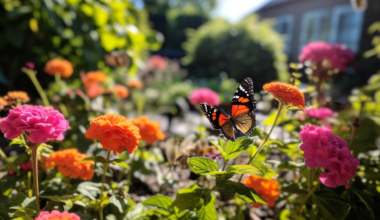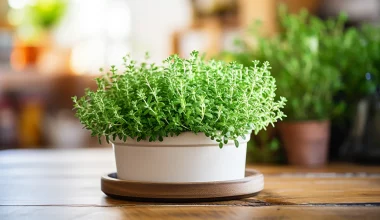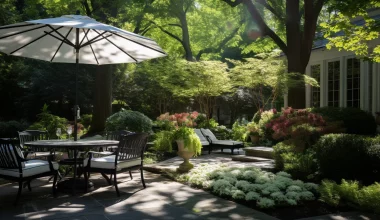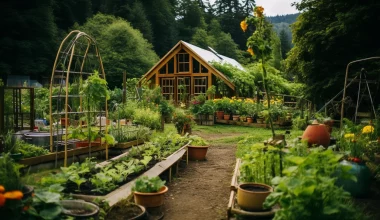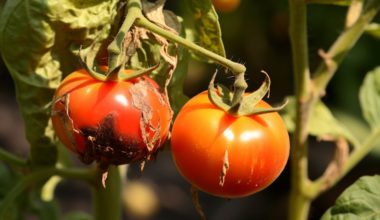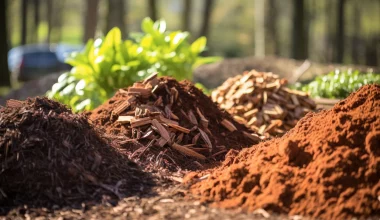Does your garden soil need a boost? Perhaps you want to reduce waste and make a positive impact on the environment? If so, composting at home might just be the solution for you. In this beginner’s guide, we explore the benefits of composting, as well as how you can get started right in your backyard.
Introduction
Composting, often referred to as ‘black gold’ by gardeners, is the process of transforming organic waste into nutrient-rich soil conditioner. It is an excellent way to recycle kitchen and garden waste, creating a beneficial product for your plants and garden. But that’s not all, composting at home offers numerous other benefits, from reducing landfill waste to improving soil health.
Understanding Composting at Home
At its core, composting is about creating the conditions for decomposition to occur. Given time, organic matter naturally decomposes, but composting speeds up this process. By providing the right balance of air, moisture, and materials, you can encourage the growth of beneficial microbes that break down waste into compost.
The Benefits of Composting
The benefits of composting at home are plentiful. Let’s delve deeper into why composting is a worthwhile practice for every home gardener.
1. Enriches Garden Soil
One of the main reasons gardeners compost is to enhance their garden soil. Compost is rich in nutrients and beneficial microbes, making it a fantastic soil conditioner. It improves soil structure, aids in moisture retention, and provides a slow-release source of nutrients.
2. Reduces Waste
About a third of household waste is organic matter that could be composted. By composting at home, you can reduce the amount of waste sent to landfill. This not only conserves landfill space but also reduces the production of methane, a potent greenhouse gas that is produced when organic waste decomposes anaerobically (without air) in a landfill.
3. Saves Money
Making your own compost is a cost-effective way to nourish your garden. Rather than buying bags of compost or other soil amendments, you can create your own using kitchen scraps and garden waste.
4. Fosters a Connection with Nature
Composting is a fascinating process that gives you a deeper appreciation for nature and its cycles. It’s also a great way to teach kids about the environment, waste, and sustainability.
How to Start Composting at Home
Starting a compost heap or bin at home is easier than you might think. Here are some steps to guide you:
1. Choose Your Compost Bin or Pile
First, decide where you’re going to compost. A compost pile is the simplest method, but a compost bin can keep things tidier and can deter pests. Your compost site should be easily accessible and ideally located on bare ground.
2. Understand the Green and Brown Balance
Composting requires a mix of ‘green’ and ‘brown’ materials. Greens are rich in nitrogen and include kitchen scraps like fruit and vegetable peels, coffee grounds, and fresh grass clippings. Browns provide carbon and include materials like dried leaves, straw, and shredded paper. Aim for a rough ratio of 2:1 browns to greens by volume.
3. Start Your Compost Heap
Start with a layer of browns at the bottom of your pile or bin, then alternate between layers of greens and browns. Add water as needed to keep the compost damp but not waterlogged.
4. Turn Your Compost Regularly
Turning your compost pile helps to aerate it, providing oxygen that is crucial for decomposition. Aim to turn your compost pile every few weeks.
5. Be Patient
Composting is a natural process that takes time. Depending on the materials used and the conditions, compost can take anywhere from 2 months to a year to fully mature. You’ll know your compost is ready when it’s dark, crumbly, and has a pleasant, earthy smell.
Wrapping Up
Composting at home is a wonderful practice that benefits not only your garden but also the wider environment. It might take a bit of time to get the hang of it, but with patience and perseverance, you’ll soon have your very own supply of ‘black gold’ to nourish your plants.

